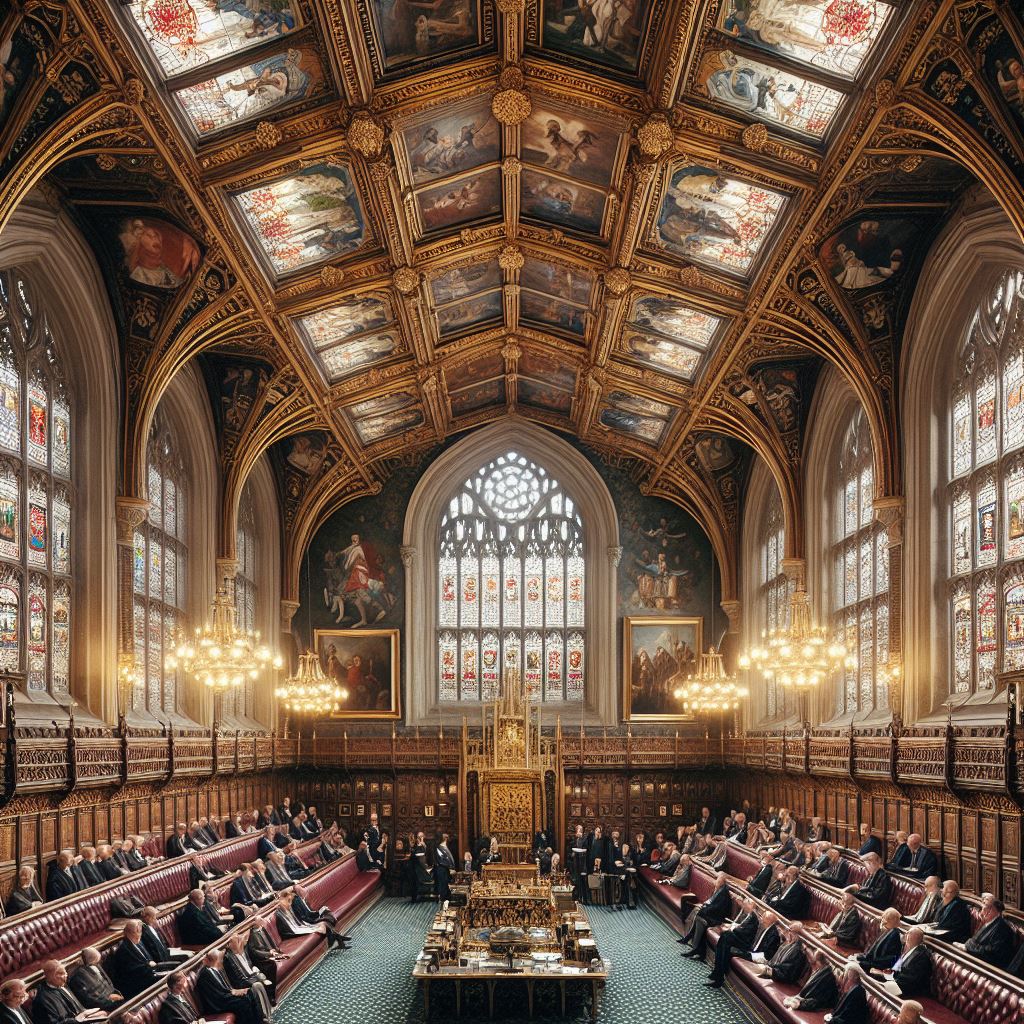Image generated by Bing Image Creator by Designer.
Today the US Supreme Court heard oral arguments in the case deciding whether Donald Trump can run in this year’s presidential election. This case will decide whether presumed Republican candidate Donald J. Trump is eligible to appear on the ballot paper in the state of Colorado. This follows a ruling by the Colorado Supreme Court that disqualified Donald Trump for President due to his actions during the January 6th Capitol riot.
Section 3 of the Fourteenth Amendment of the US Constitution prohibits those who have sworn an oath to uphold the Constitution and have engaged in an insurrection from running for office. Trump’s lawyers argue that Section 3 does not apply to the President. The argument utilized by Trump’s legal team has been called ‘absurd’, but it is in fact based on a serious legal distinction between different roles set out in the Constitution. This does not mean it is the interpretation the Supreme Court will adopt, or that it is correct.
Supreme Court of Colorado ruled against Trump’s lawyers, holding that Section 3 ‘encompasses the office of the Presidency’. It also decided that the events on January 6th 2021 constituted ‘insurrection’, and that President Trump had ‘engaged in’ the insurrection through a speech that ‘incited’ the crowd.[1]
What arguments can the Trump camp make?
Section 3 states that it only applies to those who have ‘taken an oath, as a member of Congress, or as an officer of the United States,’ to uphold the Constitution. The word ‘officer’ has a specific meaning in Constitutional law and might not apply to the President. This is something the Supreme Court will have to decide in its judgement. If ‘officer’ here does not refer to the President, the oath Trump swore on entering office in 2016 does not count.
Furthermore, while other positions, such as Senator and Representative, are mentioned specifically, the President is not directly mentioned in Section 3. Virtually all US Presidents have served in Congress or another official position requiring them to take an oath prior to serving as President. The oaths they swore upon taking up their previous offices would make them subject to the requirements of Section 3. But this is not the case with Donald Trump, who held no political office before becoming President. Because the President of the United States is not among the offices mentioned in Section 3, the Presidential oath Trump swore in 2016 does not count.
Trump and the Law
The US Court of Appeals for the District of Columbia Circuit recently ruled that Donald Trump does not have Presidential immunity. This means he can face criminal prosecution. President Trump has until Monday to formally submit an appeal to the Supreme Court. Currently, Trump is facing four criminal cases pertaining to January 6th, alleged Georgia electoral fraud, alleged removal of classified documents from federal premises, and alleged ‘hush money’ paid to adult content actress Stormy Daniels.
Though the plaintiffs from Colorado expressed confidence when they spoke to the press after the hearing, the justices appeared skeptical about their arguments. If the Supreme Court upholds the decision of the Colorado court it will assent to a significant intervention in a presidential election. This is not something the Supreme Court will be willing to undertake without highly compelling arguments. Whether his arguments will stand up to the scrutiny of the justices, scrutiny that is absolutely necessary given the significance of this case, remains to be seen.
Read our follow up to this article here.
[1] Anderson v Griswold, 2023 CO 63, ¶4.




2 thoughts on “Insurrection Lawsuit: Can Trump Actually Run for President?”